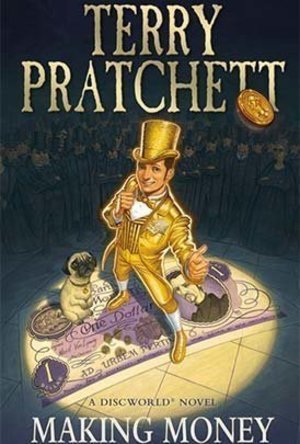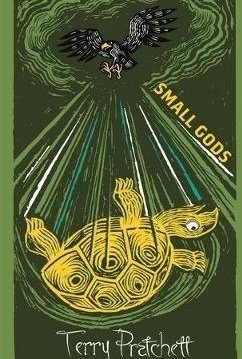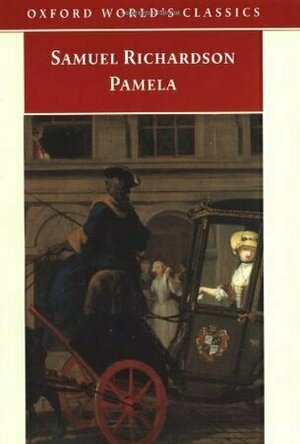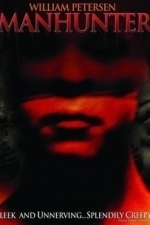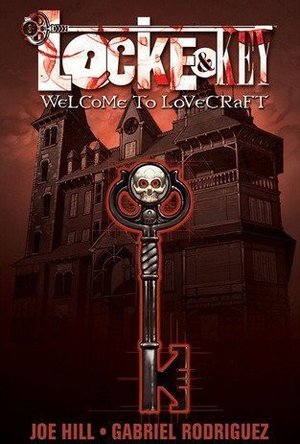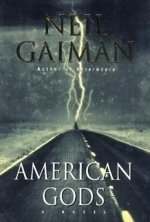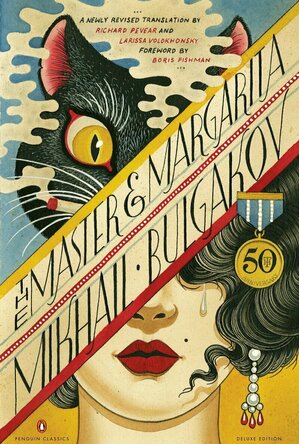Search
Search results
David McK (3692 KP) rated Making Money (Discworld #36; Moist Von Lipwig #2) in Books
May 26, 2019 (Updated Oct 4, 2020)
The second - and, following his untimely death in 2015, last - of the late, great Sir Terry Pratchett's Moist von Lipwig sub-series of Discworld novels (after 'Going Postal'), that see's Moist himself put in charge of the ailing Ankh-Morpork central bank, and introducing - shock! gasp! - a new form of paper currency.
To my recollection, this also is one of the few Discworld novels (41 in total, of which this was number 36) in which the Patrician plays a central role - he's in more than a few, yes, but not always to this extent - and in which he is fleshed out as a character. I would loved to have seen where his plans for Moist would have taken him ...
To my recollection, this also is one of the few Discworld novels (41 in total, of which this was number 36) in which the Patrician plays a central role - he's in more than a few, yes, but not always to this extent - and in which he is fleshed out as a character. I would loved to have seen where his plans for Moist would have taken him ...
David McK (3692 KP) rated Small Gods in Books
Jan 28, 2019
Graphic adaptation of on eof my favourite Discworld books, which is set eras before the 'main' Discworld stories themselves.
I have to be honest: I didn't even know there was this adapatation of the story until I came across it in a local bookstory: having read it, I think I prefer this over the only other graphical take on the stories I had encountered before ([b:The Discworld Graphic Novels: The Colour of Magic & The Light Fantastic|2728900|The Discworld Graphic Novels The Colour of Magic & The Light Fantastic|Terry Pratchett|https://d2arxad8u2l0g7.cloudfront.net/books/1348432296s/2728900.jpg|2754534]) in that the artwork seems more vibrant, more what I would imagine the characters to be like.
I have to be honest: I didn't even know there was this adapatation of the story until I came across it in a local bookstory: having read it, I think I prefer this over the only other graphical take on the stories I had encountered before ([b:The Discworld Graphic Novels: The Colour of Magic & The Light Fantastic|2728900|The Discworld Graphic Novels The Colour of Magic & The Light Fantastic|Terry Pratchett|https://d2arxad8u2l0g7.cloudfront.net/books/1348432296s/2728900.jpg|2754534]) in that the artwork seems more vibrant, more what I would imagine the characters to be like.
Erika (17789 KP) rated Pamela; or, Virtue Rewarded in Books
Feb 1, 2020
This novel is commonly known as the first true English novel, as well as the first epistolary novel. I've taken numerous British and English Literature classes, but had not been introduced to this novel until I studied in England and took an English novel class taught by a German professor who learned English solely so he could read Shakespeare in the vernacular. I'm glad that this prof included this wonderful novel. It was a nice change from just assigning Jane Eyre and Great Expectations.
It's an interesting study on Pamela, and spawned so many great, satirical novels. This is definitely a must read if you like classic literature and enjoy reading the novels that shaped the literature of today.
It's an interesting study on Pamela, and spawned so many great, satirical novels. This is definitely a must read if you like classic literature and enjoy reading the novels that shaped the literature of today.
JA
Jane Austen Cover to Cover
Book
In the short forty-two years of her life, Jane Austen wrote six novels that would endure long after...
Rickstrong23 (216 KP) rated Manhunter (1986) in Movies
Nov 15, 2017
Domonique (0 KP) rated Locke & Key, Vol. 1: Welcome to Lovecraft in Books
May 12, 2018
This was really good. I never really thought I would be into reading graphic novels, but after reading this one, I find I kind of enjoy them. There fairly quick reads and they're always very interesting and different from what I normally read. I think I've become hooked and that's a good thing!
starwarsluvr (236 KP) rated Seduction's Shift (The Shadow Shifters, #2) in Books
Jan 30, 2018
This one was so much better then the first and I enjoyed the first. This one moved faster and flowed better. The characters had so much spark and loved that things weren't easy for them. Rainforest novels are always interesting and fun to read. The adventure was amazing. Very good second part :)
James Koppert (2698 KP) rated American Gods in Books
Oct 28, 2019
Epic
I don't know what I can say other than "wow this is incredible" to sum up this book. Hard to choose between this and The Ocean at the End if the Lane as his best, but remains one of the best novels ever written.
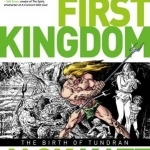
The First Kingdom: v. 1: Birth of Tundran
Book
A COMICS ODYSSEY AND SPACE OPERA OF BIBLICAL PROPORTIONS! A saga that exposes the limitless...
